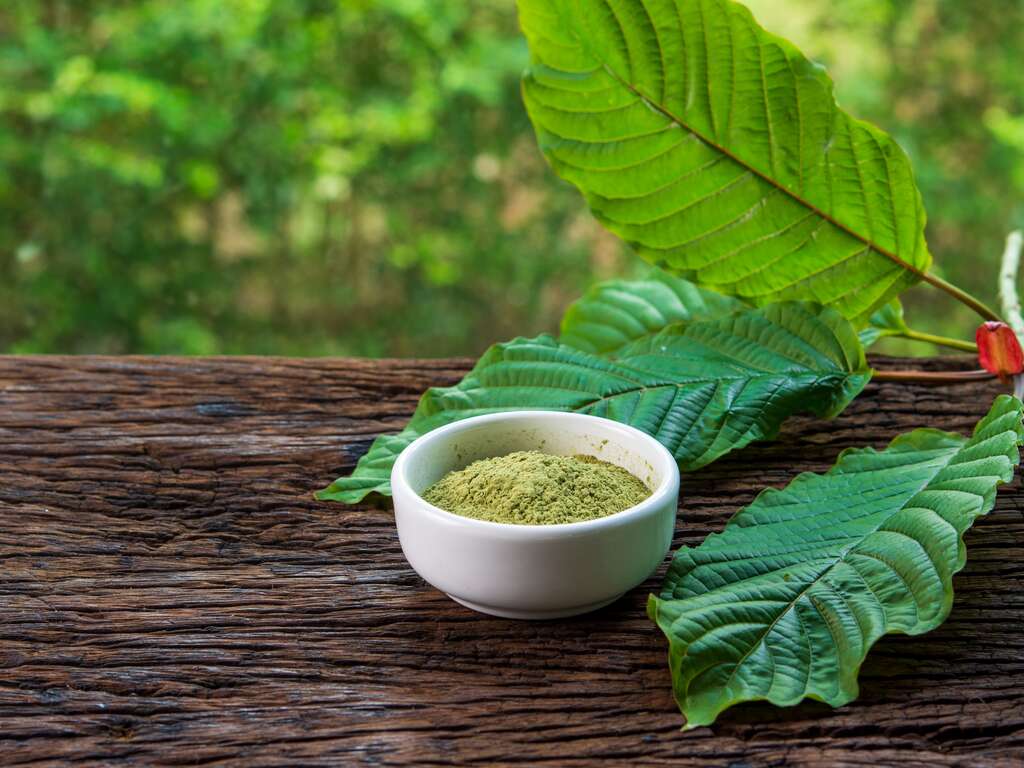Kratom powder, derived from the leaves of the Mitragyna species tree native to Southeast Asia, has gained attention for its potential benefits in managing pain, stress, and mood enhancement. Traditionally used in countries like Thailand and Malaysia, kratom has been consumed for centuries for its therapeutic properties. The leaves contain active compounds, primarily mitragynine and 7-hydroxymitragynine, which interact with the body’s opioid receptors, providing pain relief similar to that of traditional opioids but with a different safety profile. This interaction can help alleviate chronic pain conditions, making kratom a popular alternative for those seeking relief from ailments such as arthritis, fibromyalgia, or back pain without the side effects commonly associated with pharmaceutical options. In addition to pain relief, many users report that kratom can help reduce stress and anxiety. The calming effects of certain strains can promote relaxation, allowing individuals to manage daily stressors more effectively. Some users find that it enhances their mood, providing a sense of well-being and euphoria.

This can be particularly beneficial for those struggling with mood disorders such as depression or generalized anxiety. Unlike conventional antidepressants that may take weeks to show effects, kratom’s impact can be felt relatively quickly, making it an attractive option for those in need of immediate support. However, it is essential to approach kratom use with caution, as its effects can vary significantly depending on the strain and dosage. Kratom comes in various strains, each with its unique properties. For instance, red vein strains are often associated with pain relief and sedation, making them suitable for nighttime use. In contrast, green and white vein strains are more stimulating and may enhance focus and energy levels, making them ideal for daytime use. This variety allows users to select a strain that aligns with their specific needs, whether they seek relaxation after a long day or increased productivity for tackling tasks. Despite its potential benefits, kratom remains a controversial substance, with ongoing debates about its safety and legality.
Some health experts express concerns over its potential for addiction and the possibility of adverse side effects, including nausea, dizziness, or dependence. Regulatory bodies in several countries have issued warnings about thai kratom powder, citing the need for more research to understand its long-term effects fully. Therefore, anyone considering kratom for pain, stress, or mood enhancement should consult with a healthcare professional to discuss its suitability for their individual circumstances. Ultimately, kratom powder presents a natural approach to managing various health concerns, appealing to those seeking alternatives to conventional medicine. While anecdotal evidence and some preliminary studies support its efficacy, more comprehensive research is necessary to establish its safety and therapeutic potential fully. As with any supplement, responsible use and informed decision-making are crucial. Individuals should prioritize their health and well-being, ensuring they are educated about both the benefits and risks associated with kratom before incorporating it into their wellness routine.